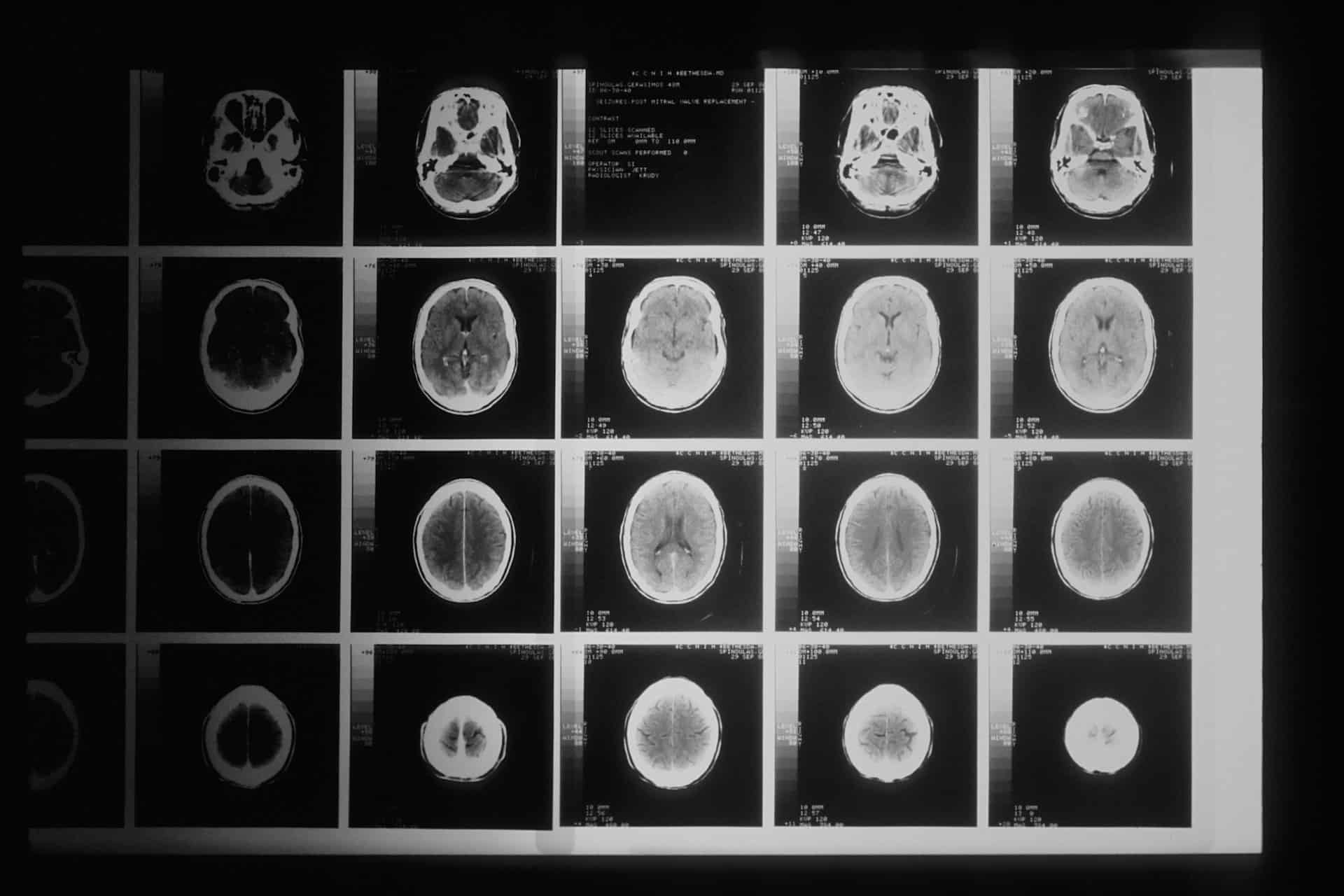A traumatic brain injury (TBI), especially caused by someone else’s negligence, can take a huge physical, emotional and financial toll. They range from mild concussions to lengthy loss of consciousness and are often caused by blunt force trauma to the head, for example, as a result of a motor vehicle accident.
Diagnosing a TBI can be difficult. While magnetic resonance imaging (MRI) and computed tomography (CT) scans can be used, some research suggests that single photon emission computed tomography (SPECT) scans are also useful. This article examines the different methods for diagnosing a TBI and why this may matter in a legal case.
What is a SPECT scan?
Sometimes MRI or CT scans, the most common tools for diagnosing brain injuries, do not demonstrate anatomic abnormalities consistent with a TBI diagnosis.
Some specialist physicians have turned to SPECT scans in an attempt to diagnose mild TBIs. Using a radioactive tracer and CT scan, a SPECT scan can show blood flow through organs, such as the brain. This may identify a lack of blood flow to an injured area.
However, the use of brain SPECT in the diagnosis of TBI is currently the subject of controversy. In particular, there is no consensus in the medical or scientific community that SPECT is an accurate or reliable tool to diagnose TBI. This is because it is difficult to differentiate between various conditions affecting the brain. For example, whether a SPECT scan can distinguish between a TBI and psychological conditions, including depression and anxiety, is contested.
Why does the method of diagnosing a TBI matter?
In a personal injury claim, the plaintiff must prove that they have an injury that was caused by the accident. As mentioned above, proving the presence of a TBI may be difficult with traditional diagnostic techniques. If a SPECT scan indicates a TBI and the claim proceeds to court, it may be necessary for the court to determine whether SPECT evidence is reliable enough to be considered.
Furthermore, as we have reported previously, Ontario’s people injured in motor vehicle accidents are eligible for accident benefits under the Statutory Accident Benefits Schedule (SABS). The amounts payable for some of these accident benefits by insurance companies under auto insurance policies depend on factors including the severity of the injury sustained and the exact type of insurance policy purchased.
For example, those that have suffered a “catastrophic impairment” may be entitled to medical and rehabilitation benefits with a higher maximum limit, as well as housekeeping and caregiver benefits. The definition of catastrophic benefit in the SABS regulation includes a TBI that meets the following criteria (for an adult):
“The injury shows positive findings on a computerized axial tomography scan, a magnetic resonance imaging or any other medically recognized brain diagnostic technology indicating intracranial pathology that is a result of the accident, including, but not limited to, intracranial contusions or hemorrhages, diffuse axonal injury, cerebral edema, midline shift or pneumocephalus.”
This raises the question of whether a SPECT scan is a “medically recognized” diagnostic technique.
Plaintiff claimed she sustained a TBI plus psychological and emotional trauma
In the Ontario Superior Court of Justice case of Meade v Hussein (Meade), the plaintiff claimed damages for injuries suffered following a motor vehicle accident. She alleged that she sustained a TBI and psychological and emotional trauma.
The plaintiff sought to tender evidence of a SPECT scan, which her diagnostic radiologist concluded demonstrated a previous TBI. The defendant challenged this and sought to have the evidence excluded because using a SPECT scan to prove a TBI was novel science that was unreliable.
Court disallowed the use of SPECT scan evidence
Justice Bale considered the expert evidence of the plaintiff’s doctor and a neurologist retained by the defendant. His Honour explained that while SPECT scans have been used for thirty years, using them to prove that a patient has suffered a TBI, especially in circumstances where it was necessary to distinguish between a TBI and anxiety or depression, was novel.
His Honour noted that novel techniques had to meet a basic threshold of reliability. Given the lack of peer-reviewed studies and acceptance in the scientific community, Justice Bale decided that the brain SPECT evidence was inadmissible and could not be used at trial.
SPECT scan evidence held admissible as a secondary tool to support a diagnosis
A recent decision of the Superior Court of Justice, Wabie v Wilson, re-examined this issue. Again, the plaintiff was injured in a motor vehicle accident. A period of time after the accident, she was diagnosed with a concussion by her family doctor. After the symptoms worsened and an MRI did not identify a TBI, the plaintiff had a SPECT scan, which her specialist interpreted as identifying a TBI.
Relying on Meade, the defendant argued the SPECT evidence was not reliable to diagnose a TBI. The plaintiff claimed that the facts of this case differed from Meade because the SPECT scan was used to support a prior concussion diagnosis. In addition, she did not have a psychological condition.
Justice Sutherland accepted the SPECT scan as evidence of the plaintiff’s injuries. His Honour agreed with the plaintiff that such evidence could be used “as a secondary tool … to support or not the diagnosis made, and the symptoms are known before the SPECT scan.”
Contact the Personal Injury Lawyers at Tierney Stauffer LLP for Advice if you have Suffered a Traumatic Brain Injury
We understand TBI injuries and the associated diagnostic techniques and work with top experts in the field to help protect your rights. Suppose you have suffered a brain injury due to another’s negligence. In that case, the personal injury lawyers at Tierney Stauffer LLP will assist you in obtaining the compensation you need to recover and move forward. Please contact us by telephone at 1-888-799-8057 or contact us online to set up a free consultation.
